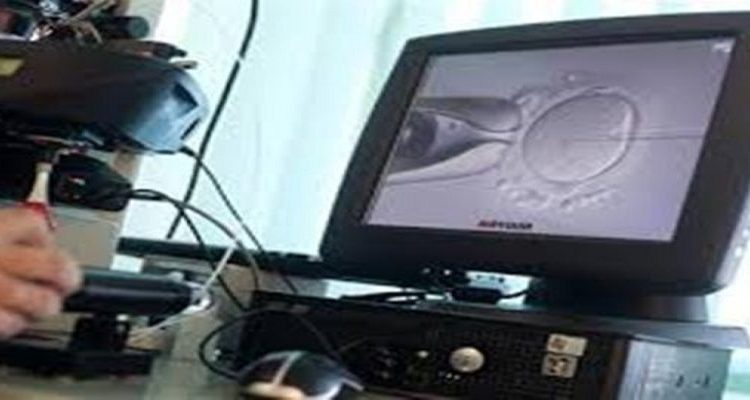Out of 30 million infertile couples in India, nearly three million are actively seeking treatment
Every year July 24th reminds us of the birth of the first IVF baby Louise Brown. However, in 2020, the onset of the unprecedented COVID-19 crisis followed by the lockdown has posed an even greater challenge for three million infertile couples in India seeking treatment. Most of the couples had to postpone their plans of parenthood and those going under treatment could not follow through the complete treatment. A steep fall in the number of patients visiting IVF centres for treatment has been observed during this period. As per the data analysis of around 1100 centres across India from April to June, almost 90 per cent drop was observed in number of people undergoing IVF cycles. However, as centres have reopened with COVID mitigation national and international guidelines, patients have started to return for their treatment.
Addressing the ‘Reproductive Health e-Summit’ organised by HEAL Foundation with the support of Bharat Serums & Vaccines on World IVF Day, Dr Jayesh Amin, Clinical Director, WINGS IVF Group, Gujarat Chapter Secretary for Indian Fertility Society, (IFS), said, “Naturally, motherhood is such an experience that every woman yearns for. And for conception, some women take the help of ‘Assisted Reproductive Technology’ (ART). However, the ongoing COVID-19 pandemic has affected plans of becoming a mother for those women who were planning or undergoing the IVF treatment.”
“Most centres have resumed work observing the international and national guidelines for the fertility treatment during COVID. The old couples may not have the liberty of time like their younger counterparts and it is wise to start their treatment at earliest. The procedures are performed after through risk assessment in a hygienic environment and people must not delay just because of the fear of COVID,” observed Dr Amin.
Infertility is no less than an epidemic for young Indians. More and more young couples are seeking infertility treatment. In India, infertility affects around 10 per cent to 15 per cent of married couples. Out of 30 million infertile couples in India, nearly three million are actively seeking treatment. The rate is even higher in the urban population where one out of six couples suffers from infertility and desperately look for solutions.
And during the COVID-19 crisis followed by the lockdown, they have suffered a lot as IVF is a time-sensitive treatment. Every passing week is crucial for couples who expect to become parents through this procedure. The patient treatment schedule has been changed or postponed due to which they have to face huge emotional dissatisfaction and uncertainty. In such a perplexing time, spreading awareness regarding various aspects of reproductive health and assuring such couples through various channels is desirable.
“Out of three million people seeking infertility treatment in India every year, around five lakh seek in vitro fertilisation (IVF) / intrauterine insemination (IUI) treatment. But during the COVID-19 pandemic, they have suffered a lot. However, we are committed to spreading awareness amongst the masses regarding reproductive health ever since the outbreak of COVID-19 in India. In such a situation, the event like — Reproductive Health e-Summit is very much required for spreading awareness, and we support such an initiative”, said Sanjiv Navangul, Managing Director and CEO, Bharat Serums & Vaccines.
The ongoing situation has resulted in a drop in the number of cases. Out of nearly 2000 IVF centres in India, less than 800 have opened up by the end of June.
“IVF cycle is a planned preparation over a couple of months. COVID-19 crisis, lockdown measures suddenly changed our world. It led to cancellation of IVF cycle or treatment. Eventually as lockdown was eased, still there are travel restrictions, absence of public transport, extended lockdown at few places, still exists that ultimately results in cancellation of treatment or discontinuation of treatment,” said Dr Swati Dongre, Infertility Specialist Gynaecologist, Santati IVF Treatment & Fertility Centre, Thane West, Mumbai
Talking about the significant reduction in patients undergoing fertility treatment in the country, Dr Sweta Gupta, Clinical Director, Fertility Solutions, Medicover Fertility, New Delhi, said, “The pandemic has been a challenging phase for everyone including fertility treatment which was categorised as a non-essential service. With the unlocking phase, things have slowly started coming back to normal. Couples that are looking for treatment need not delay their plans anymore. Pandemic will stay with us until we either develop herd immunity or a vaccine is discovered. All procedures of IVF are practised after initial risk assessment with COVID risk mitigation steps in a highly sanitised environment and there is no need to fear about its success if you follow preventive guidelines issued by the government.”
- Advertisement -


